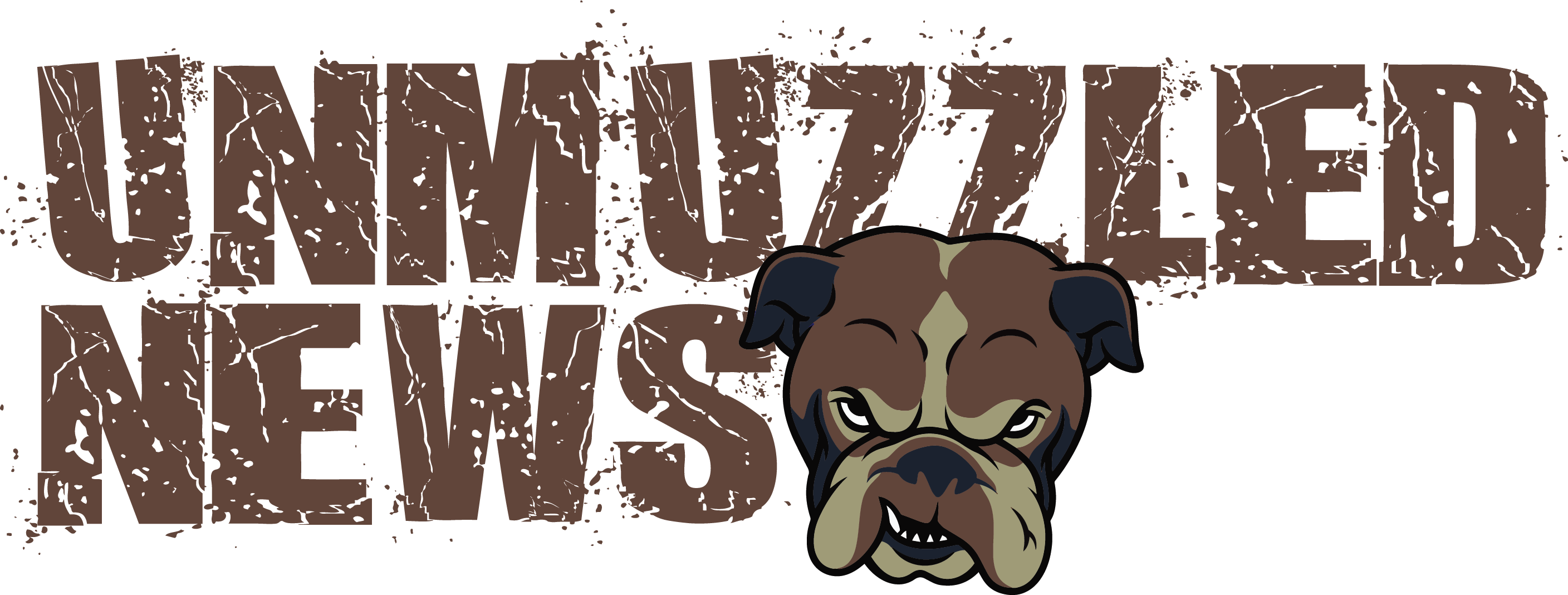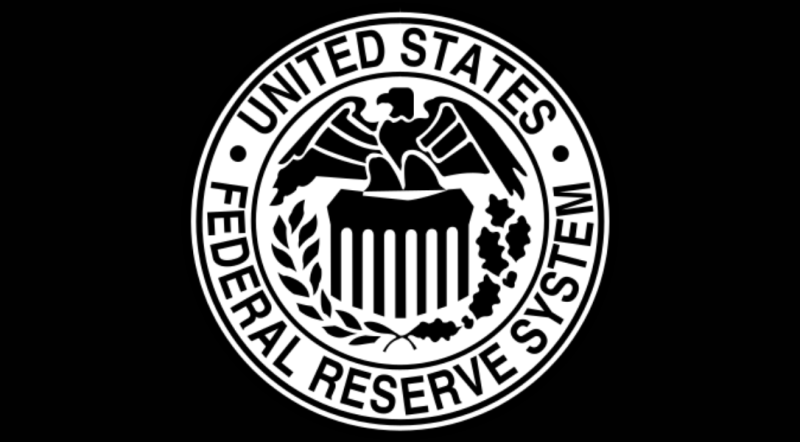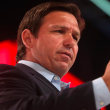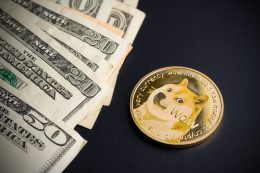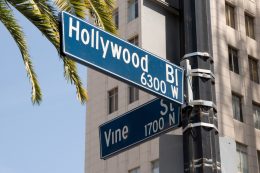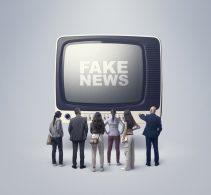Renowned economist Brian Wesbury dropped a bombshell that left Washington insiders scrambling for cover.
The Federal Reserve isn’t just mismanaging our money – it’s actively undermining America’s financial future.
And Brian Wesbury exposed the Federal Reserve’s trillion-dollar secret that has Americans across the country fuming.
Federal Reserve losses dwarf the 2008 financial crisis
During an appearance on Steve Bannon’s War Room Tuesday, economist Brian Wesbury revealed the Federal Reserve is currently sitting on a staggering $1 trillion in losses, far exceeding the damage from the 2008 financial crisis.
“If you compare the amount of losses today: the Fed held interest rates at zero, everybody bought bonds. When they raise rates, you lose money on your bond portfolio,” Wesbury explained. “So the Fed has $1 trillion in losses. Private banks have $600 billion in losses. The whole subprime crisis was only $400 billion. So they’ve made the problem four times worse today than it was back in 2008.”
This revelation comes as American families continue struggling with rising costs and financial instability after years of reckless monetary policy.
Wesbury didn’t mince words about who’s to blame. The problem, he argued, isn’t just incompetence – it’s deliberate empire-building by unelected bureaucrats.
“What does a bureaucrat want? They want more power, more money, bigger staff, more control. And that’s exactly what the Fed’s got,” Wesbury stated. “In other words: don’t let a crisis go to waste.”
Powell’s weak defense exposes the Fed’s true agenda
When Fed Chairman Jerome Powell was asked why he wouldn’t reduce the Fed’s balance sheet to pre-2007 levels, his answer was shockingly vague.
“Oh no, the world is a really dangerous place,” Powell reportedly said during a rare appearance at the Cato Institute.
Wesbury tore this explanation apart. “I think his answer is actually terrible. He doesn’t understand the problems they’ve created,” Wesbury said.
What’s even more troubling is how few journalists are permitted to question Powell. According to Wesbury, only “25 or 30 journalists” are allowed in the room during Fed press conferences, severely limiting accountability for an institution that wields enormous power over the American economy.
“They control access,” Wesbury noted. “So what happens is—they keep getting away with it.”
The path to a national bank and digital currency
Wesbury warned that continuing down this path could lead to something even more troubling – a national bank that would control not just monetary policy but banking itself.
“Let me just add one other quick point: if we keep going down this road, we’re heading for a national bank—not just the Federal Reserve that controls the money supply, but a single national bank,” he cautioned.
Wesbury specifically called out Senator Elizabeth Warren as supporting such a concept, which would represent an unprecedented concentration of financial power in government hands.
This national bank would likely be the vehicle for implementing a central bank digital currency (CBDC), giving the government direct control over citizens’ financial transactions.
“So what I want to do is roll the Fed back to 2007—at least. Maybe even go back to a gold standard. That’s the only way to stop them from doing this insane money,” Wesbury concluded.
The economist’s comments highlight a pattern familiar to many Americans – government agencies using crises to expand their power rather than solve problems.
“We get a problem, the government comes in to try and fix it, and then they make the problem worse,” Wesbury said, summarizing the Federal Reserve’s approach to monetary policy over the last decade.
As Americans face the consequences of the Fed’s policies in their daily lives, Wesbury’s revelations offer a sobering look at just how deep the problem goes.
